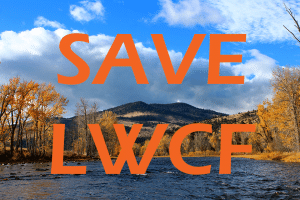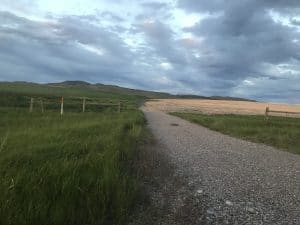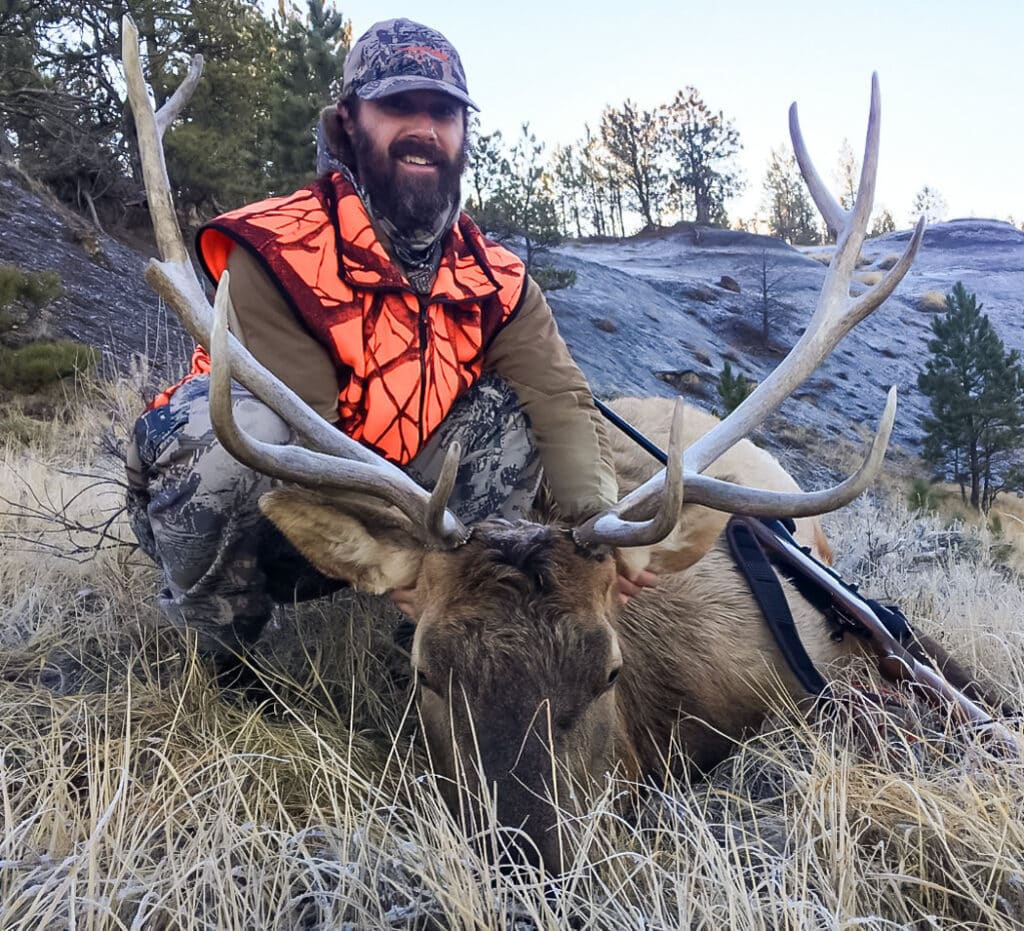News
Calling for Strong Conservation Measures in the 2018 Farm Bill
Earlier this week, the Montana Wildlife Federation, joined by nine other Montana sportsmen’s organizations sent a letter to the Farm Bill Conference Committee calling for strong conservation measures in the 2018 Farm Bill.
As the Farm Bill moves into Conference, our organizations are working to support strong conservation measures. The groups call for maintaining the funding within the Conservation Title. We are also pushing for an increase in the Conservation Reserve Program, with the addition for a permanent easement option.
As the largest private land conservation tool, the Farm Bill provides essential habitat for Montana’s waterfowl, upland birds, deer, and countless other species. All Montanans benefit from a strong Farm Bill.
We will continue to make sure the Conference Committee focuses on private land conservation with an emphasis on programs that have been proven effective for farmers and ranchers, fish and wildlife, and hunters and anglers.
Ales for Access

These deals open up land for public hunters, improve wildlife management and create opportunities for public wildlife watching and fishing. In short, Habitat Montana is vital to our state. But these advances in access aren’t celebrated by everyone. Currently, Legislators and sitting Land Board members such as Corey Stapleton, Matt Rosendale, and Elsie Arntzen are looking at ways to weaken Habitat Montana or steal funding to pay for other programs. It’s critical that hikers, hunters, anglers, and birders show support for Habitat Montana as we move closer to the 2019 legislative session.
Stand up for Sage Grouse & Restoring Habitat in Montana
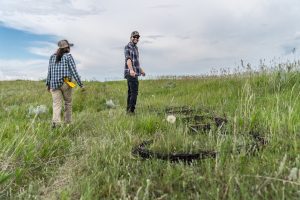
The State of Montana has been a leader in the conservation of sage-grouse and their habitats. Since 2012, Montanans have been rolling up their sleeves and working together to find common ground when it comes to ensuring that we not only take care of the sage grouse, but we also take care of the people whose livelihood will be most impacted if the bird gets listed under the Endangered Species Act: farmers & ranchers.
That’s why we need your help today. Earlier this summer, Secretary Zinke eliminated the need for developers on public land to offset their impacts through mitigation. That means the government is telling companies that they don’t need to leave Montana better than how they found it. That’s a shame, especially after Montanans of all stripes worked together to ensure the federal plans and the state plans would work together.
Due to the Department of Interior walking away from their obligations related to mitigation, the state of Montana has the task of implementing a strong mitigation policy that will not only keep sage grouse from being listed under the Endangered Species Act, but would help improve habitat for mule deer, elk, pronghorn, and over 350 other species of wildlife and native plants.
Please take a moment to send a note to the Department of Natural Resources & Conservation with the following message:
Since the federal government is not honoring their deal, made in 2015, to use mitigation as a tool in restoring damaged public lands, it’s up to the state of Montana to pick up the slack and advance a mitigation proposal that ensures continued state management of the greater sage grouse. True multiple use means leaving a place better than how you found it, and only through the Montana Mitigation policy can we live up to that longstanding management ideal.
New Parks Bill Adds Momentum to Federal Conservation Funding Debate
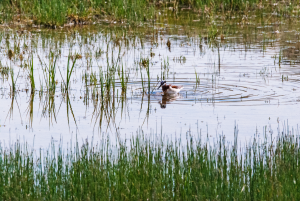 Today, Congressman Rob Bishop (R-Utah) and Congressman Raul Grijalva (D-Arizona), along with dozens of co-sponsors from both parties, introduced the Restore Our Parks and Public Lands Act. The bill would dedicate a portion of existing federal energy revenue to fund maintenance needs on national parks and other public lands managed by the Department of Interior. Montana Congressman Greg Gianforte is a cosponsor of the bill.
Today, Congressman Rob Bishop (R-Utah) and Congressman Raul Grijalva (D-Arizona), along with dozens of co-sponsors from both parties, introduced the Restore Our Parks and Public Lands Act. The bill would dedicate a portion of existing federal energy revenue to fund maintenance needs on national parks and other public lands managed by the Department of Interior. Montana Congressman Greg Gianforte is a cosponsor of the bill.
Dave Chadwick, executive director of the Montana Wildlife Federation made the following statement:
“At a time when our political system is so polarized, conservation is one thing that can still bring Republicans and Democrats together. This bill joins the Land and Water Conservation Fund and the Recovering America’s Wildlife Act in advancing the common-sense idea that a portion of existing federal revenue should be dedicated to protecting our natural heritage.”
“This bill shows that there’s a real opportunity for Congress to make concrete progress this year to fully fund our nation’s land, water, and wildlife, which will be good for Montanans and all Americans.”
Collin O’Mara, CEO of the National Wildlife Federation, said:
“America’s public lands and wildlife are inextricably linked — and require dedicated funding to conserve and protect them. Congressmen Bishop and Grijalva deserve great credit for putting forward a maintenance solution for public lands infrastructure, but any compromise should also include funding for wildlife habitat, as proposed in the bipartisan Recovering America’s Wildlife Act (H.R. 4647).”
Created in 1964, the Land and Water Conservation Fund is funded by a portion of offshore energy revenue. The program has protected many of Montana’s most important places, even though much of the funding is diverted by Congress every year to cover other government spending. Pending legislation would reauthorize the Land and Water Conservation Fund and provide permanent, automatic funding for the program.
Alongside the LWCF, the Recovering America’s Wildlife Act was introduced in 2018 to provide funding from existing federal energy revenue to state fish and wildlife agencies in order to conserve at-risk species and prevent Endangered Species Act listings.

